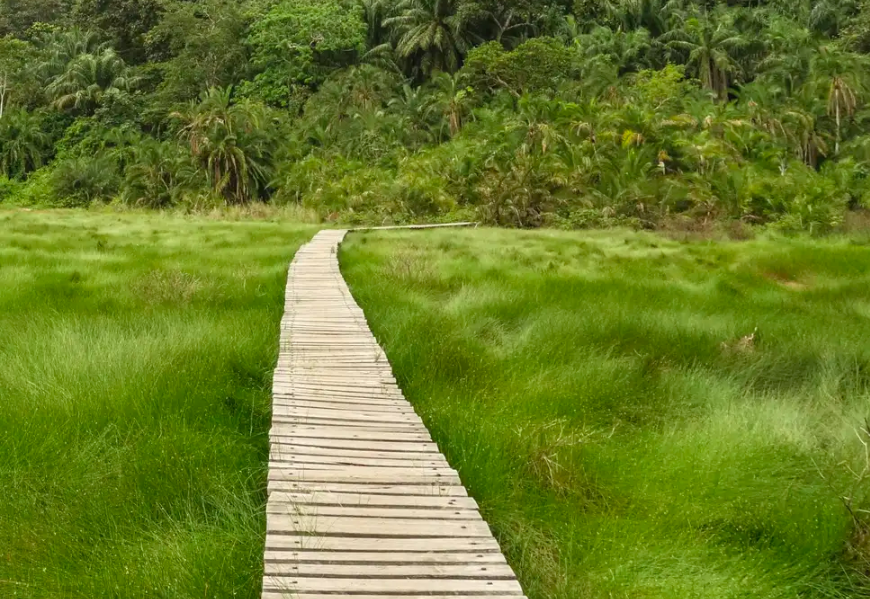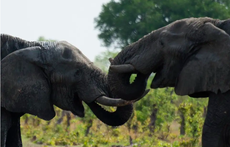Africa must protect its natural wonders if the continent is to prosper
African Union Commissioner Josefa Sacco argues that this week’s Wildlife Economy Summit in Zimbabwe showed the economic importance of protecting wildlife

Wildlife, and biodiversity in general, is the future of Africa’s development and realisation of the continent’s Agenda 2063. The prosperity of countries and continents lies in the conservation of ecosystems and genetic materials, as these resources are getting scarce and those who will preserve them stand to charge more for their access.
Africa still holds a wealth of wildlife species, making it one of the leading continents in some of the big mammals. The continent’s rich diversity of fauna and flora represents about a quarter of the global biodiversity.
If well managed, Africa’s rich biodiversity can have multiple benefits to communities from tourism, ecosystem services and indirect benefits that include good health as a result of clean air and water, regulation of climate and conservation of soils.
Tourism provides a more profitable land-use option for a nature based economy than other sectors, especially in remote and marginal areas. The sector has potential to create more jobs especially for women and young people. A good number of African countries are among the world’s top tourism destinations for watching big game.
Unfortunately, this sector is under threat as we destroy our biodiversity. The recent report by the Intergovernmental Science-Policy Platform on Biodiversity and Ecosystem Services (IPBES) warns us that our activities have put one million species in danger of extinction.
To better manage and conserve natural resources, and in particular wildlife, there is need for collective action by all sectors - the international community, governments, local communities and the private sector.
The CBD COP 14 decision on “sustainable wildlife management” calls on parties to evaluate multi-disciplinary approaches to combining better knowledge of the use of and trade in wildlife, taking into account the knowledge, innovations and practices of indigenous peoples and local communities and also the livelihood alternatives for the customary sustainable use of wildlife.
Local communities are at the frontline of human-wildlife conflicts and yet they are expected to contribute to the conservation of biological diversity. Therefore, let us empower them by placing them at the centre of conservation and ensure that they benefit accordingly.
Africa should regulate bush meat harvesting and put management plans in place for the conservation of the target species, or else most of them face extinction.
There is also a need for African countries to share wildlife resources so that some species are re-introduced in habitats where they were driven to extinction by humans – although, of course, translocation of species should be preceded by comprehensive studies and guarantee of their safety and security by their new host country.
At the continental level, the African Union is rolling out the implementation of the African Strategy on Combatting Illegal Exploitation and Illicit Trade in Wild Fauna and Flora in Africa. To track the implementation of the strategy, a monitoring and reporting tool has been developed and we encourage countries to strengthen their data collection and reporting mechanism accordingly.
In line with the recent World Economy Summit, one of the objectives of the Continental Strategy is “to promote the participatory approach with economic development and community livelihoods through sustainable use of wild fauna and flora”.
We hope that through funding mechanisms such as the Global Environment Facility, and in collaboration with the private sector, countries will be able to implement components of the strategy. The African Union Commission is committed to support the growth of the nature-based economy.
Amb Josefa Leonel Correia Sacko is the Commissioner for Rural Economy and Agriculture at the African Union


Join our commenting forum
Join thought-provoking conversations, follow other Independent readers and see their replies